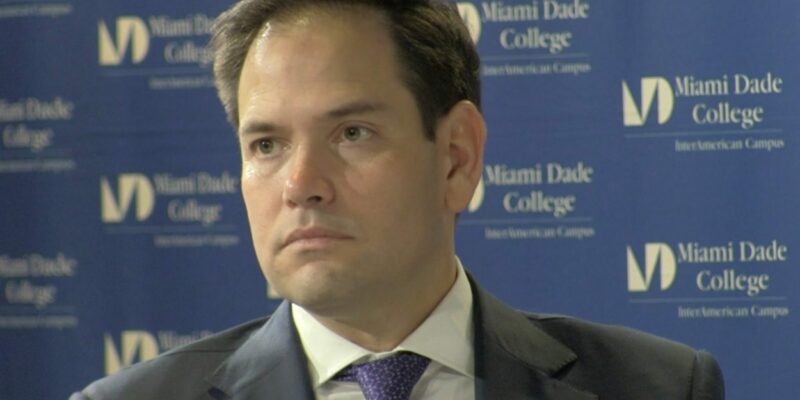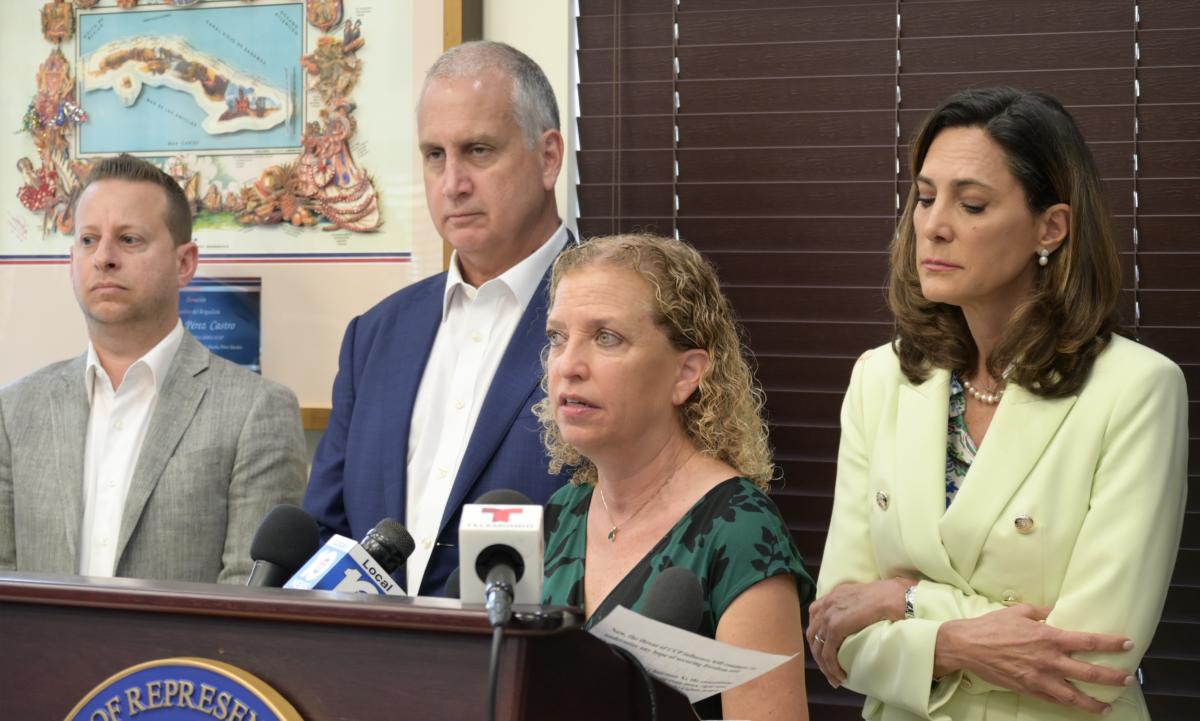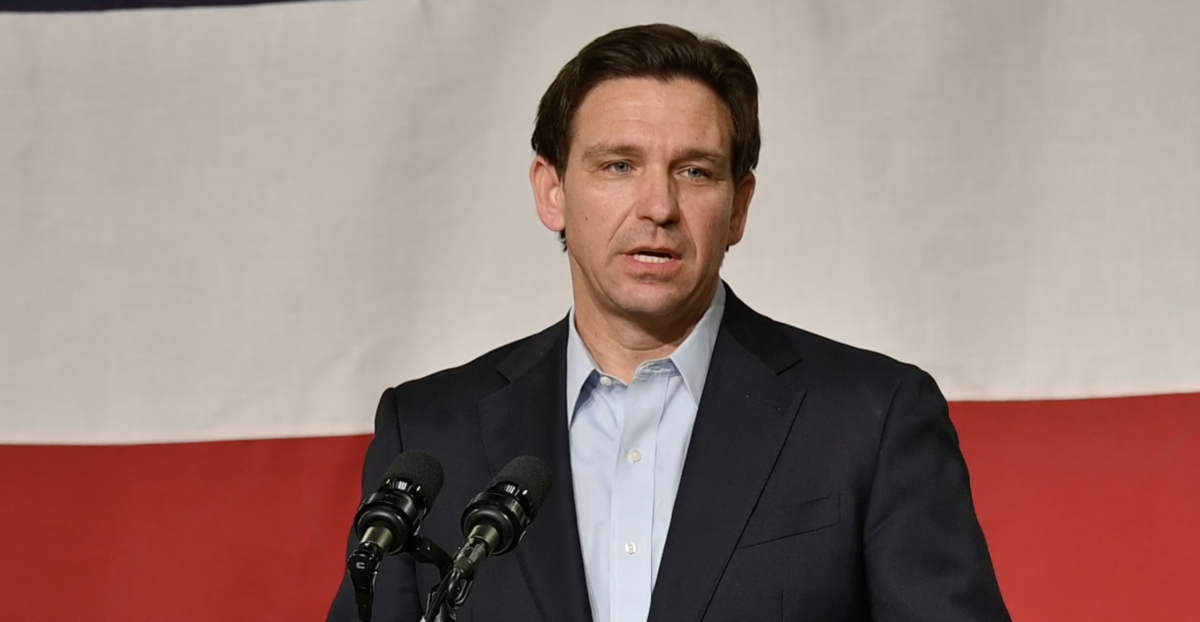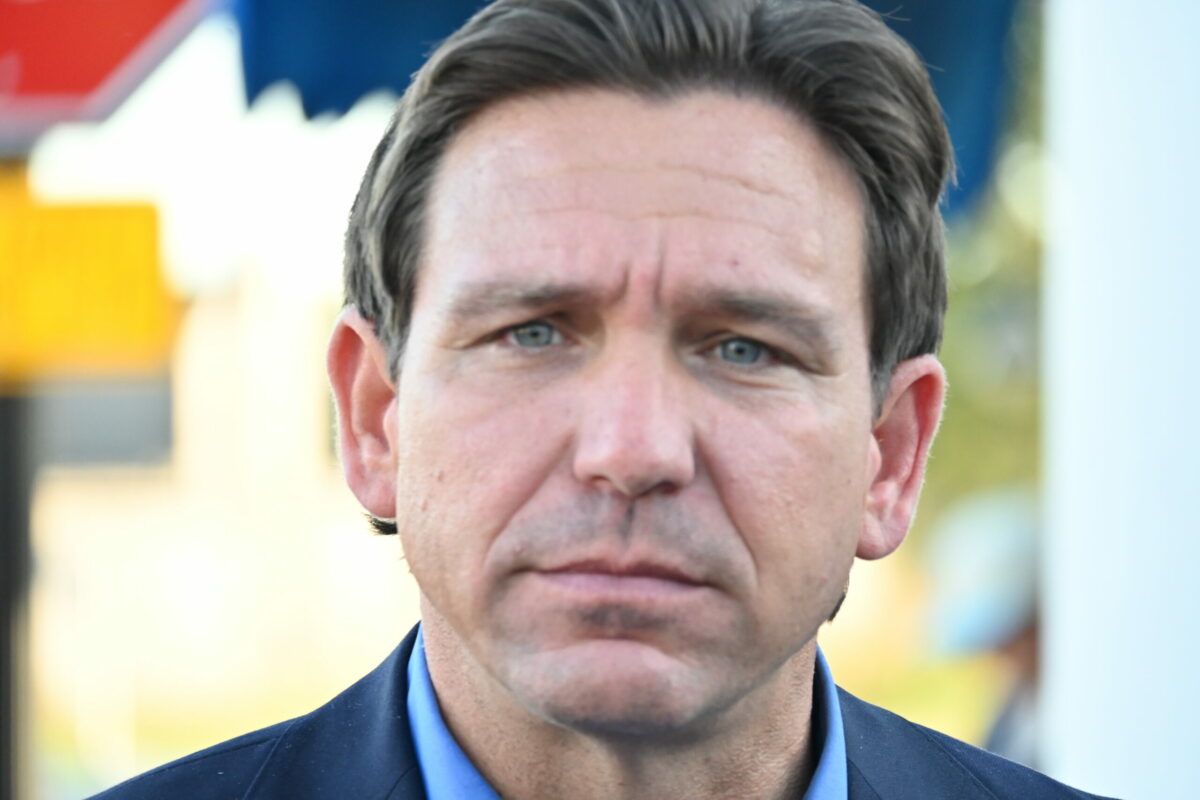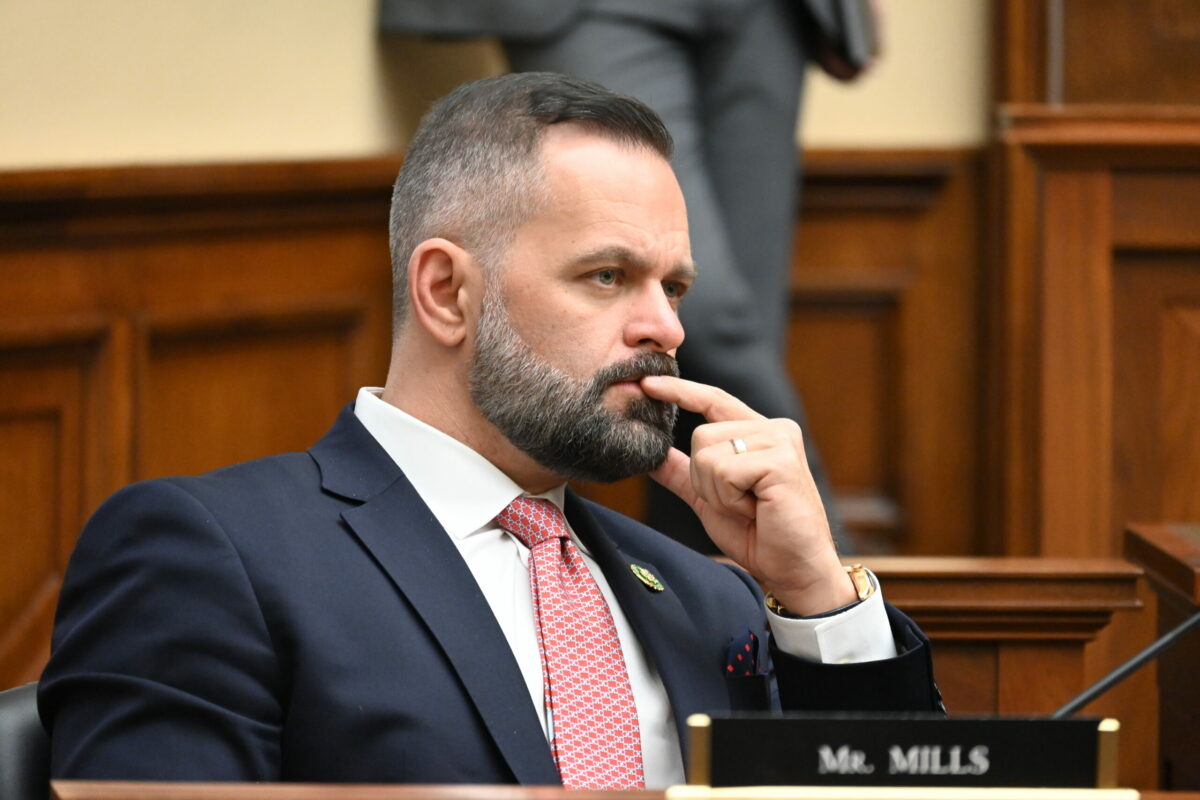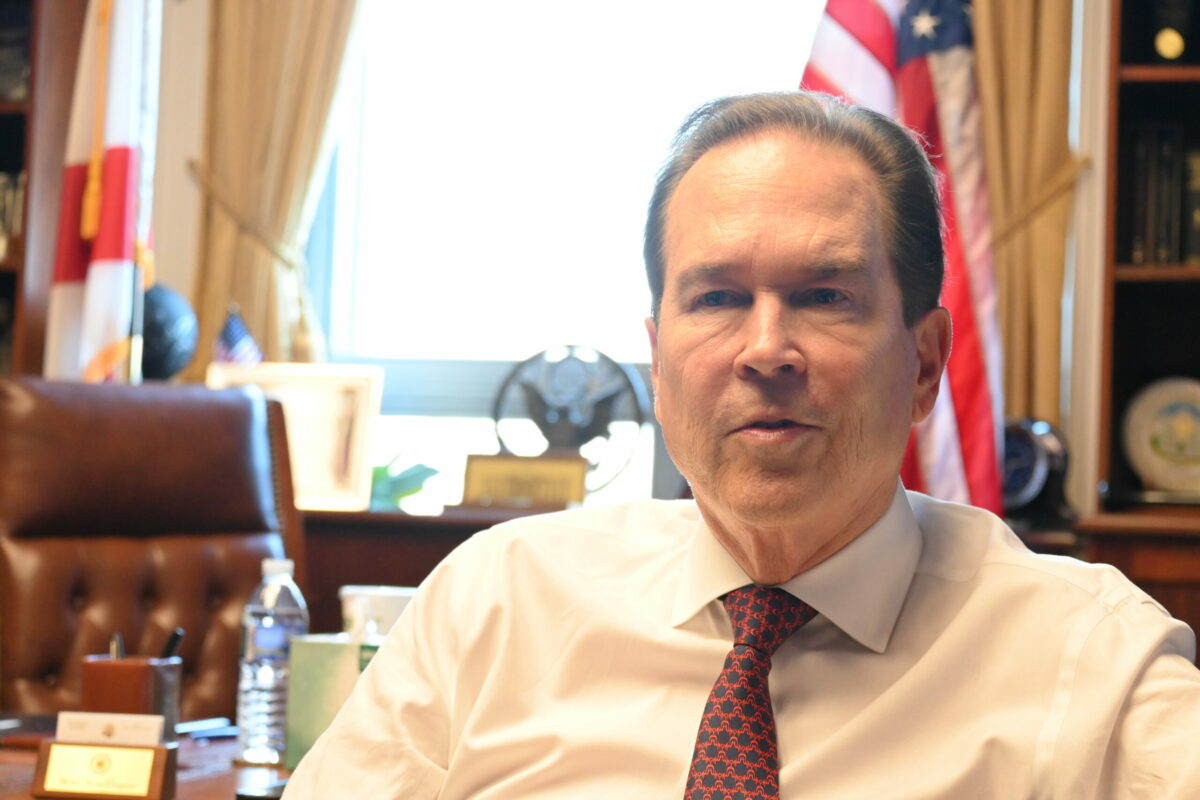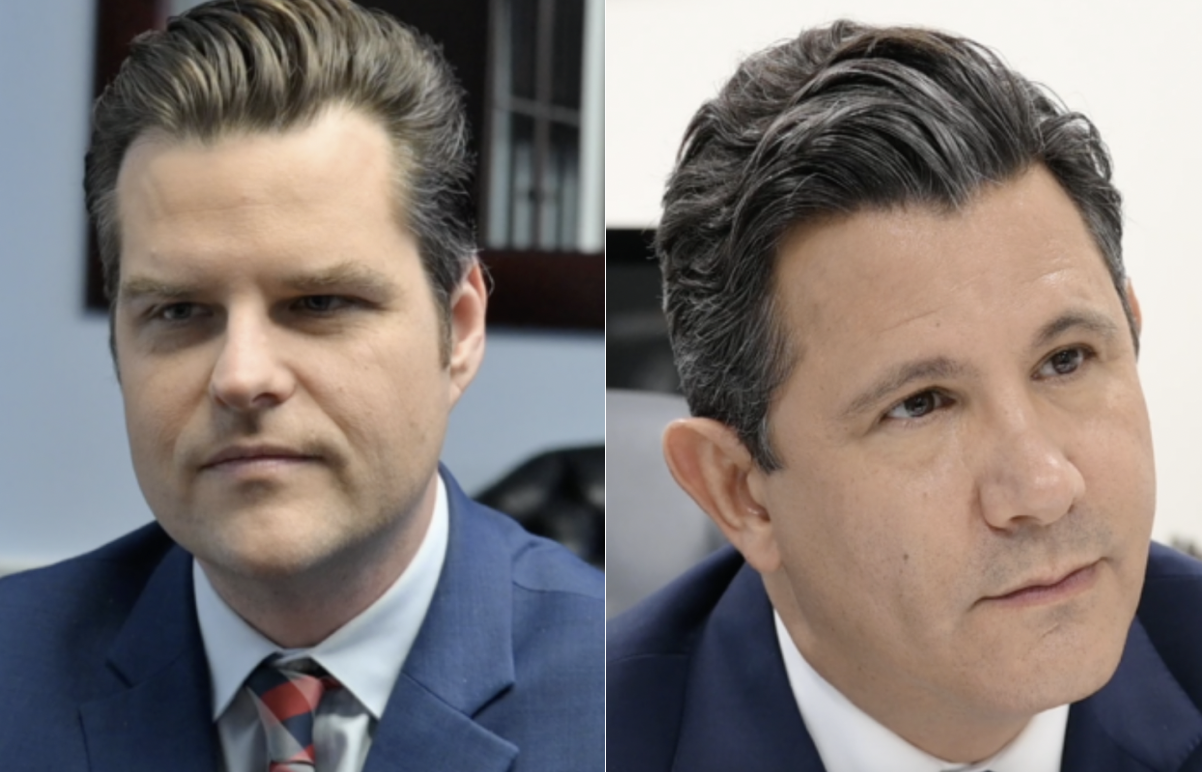As the Coronavirus or COVID-19 continues to spread around the world, many governments, including the U.S. government, have shut down borders and restricted travel to and from their respective countries.
The travel restrictions imposed by the Trump administration is seen as justified and necessary to help prevent the spread of the deadly disease, that to date has infected over 14,000 Americans, left 200 dead, and all-but crippled the cruise and airline industries.
Outside of The Great Depression, The COVID-19 pandemic has created an economic crisis that U.S. airlines have never seen before, as this well-run and well-capitalized industry, like most industries, is facing unprecedented financial uncertainty due to a crisis that was not caused by any internal mismanagement.
In the span of a few short weeks, airlines’ strong balance sheets are being challenged as never before, threatening to wipe out years of gains attributable to their business improvements.
Government actions to limit travel and discourage the spread of coronavirus have contributed to this rapid decline – and while these restrictions may be necessary to provide for public health, they are threatening the industry’s solvency and preventing airlines from moving the economy forward.
As the U.S. Congress is ready to directly give much needed financial aid to Americans, U.S. legislators are also prepared to assist the airline industry and other industries, that are on the verge of collapse or bankruptcy due to the Coronavirus pandemic.
How devastating is the travel restriction to any local or regional American economy?
Take Miami, Florida for example.
The Miami International Airport employs tens of thousands of people and pumps billions of dollars into the local economy.
American Airlines has made Miami one of their major hubs. American Airlines employs more than 13,500 people locally and pays out over $1.8 billion in salaries every year. In addition, the airline’s presence has created some 162,000 jobs through outside businesses that support their Miami operations. In total, American Airlines’ contributions to the local economy exceed $21 billion a year for the local economy.
Florida Senator Marco Rubio (R), who lives in Miami, Florida and is an American Airlines frequent flyer, is supportive of a measure to help the airline industry and any other “businesses and industries” that are on the verge collapse “due to the pandemic”
“We are not living in ordinary times. Many businesses and industries, due to the pandemic, are on the verge of bankruptcy and collapse,” Sen. Rubio responding to The Floridian's request for comment.
Rubio also stated that “Congress has an obligation to act” and “ensure the aviation industry has the resources to remain operational.”
“We will have a very different country if the airline industry were to collapse,” Rubio continued “The implications for the economy, for public health, and for our national security would be staggering and we cannot allow it to happen.”
Airlines make the world go round and are at the front of the supply chain, so if they fail, the trickle-down effect would be devastating, and as Rubio said, the effect could pose a national security threat to the U.S.
Airlines are still accessing the private debt market for liquidity and taking dramatic self-help initiatives to stay solvent, including collateralizing aircraft as one component of their efforts to minimize government assistance.
However, many airline assets are already heavily unencumbered, and encumbering those that remain as collateral with the government will make it unnecessarily difficult to use these assets to exit government liquidity instruments and return to private debt markets as quickly as possible.
Direct financial assistance from the federal government to this industry and many other industries is now a foregone conclusion. Lawmakers don’t have a choice but to help keep American business afloat until the pandemic passes.
President Trump’s announcement that several existing anti-Malaria drugs are showing significant promise in combatting the COVID-19 virus has helped calm the panic a bit, but until a permanent treatment or vaccine is developed to treat or eradicate the virus, the global economy could continue to be compromised, and all industries will continue to feel economic hardships.

